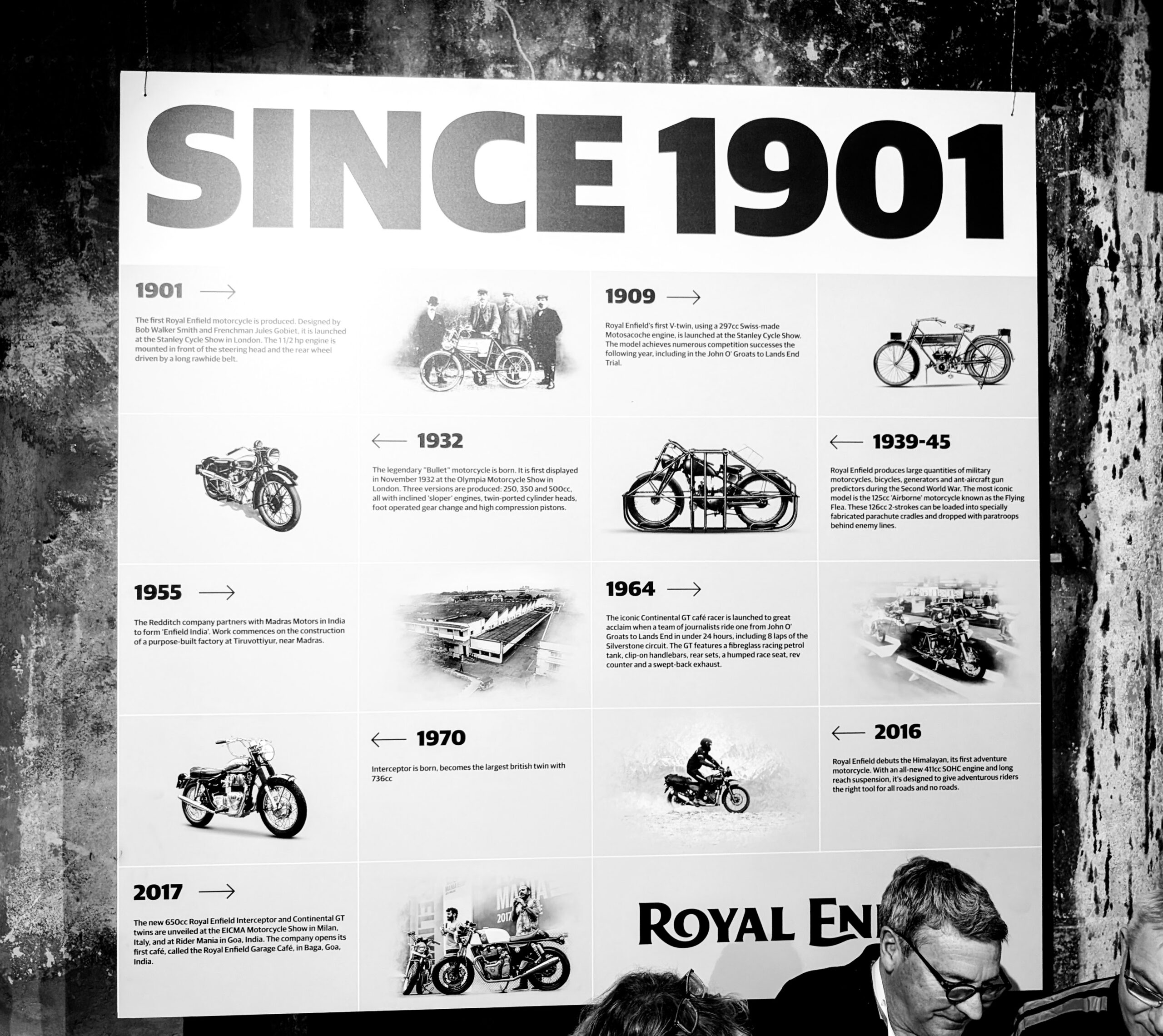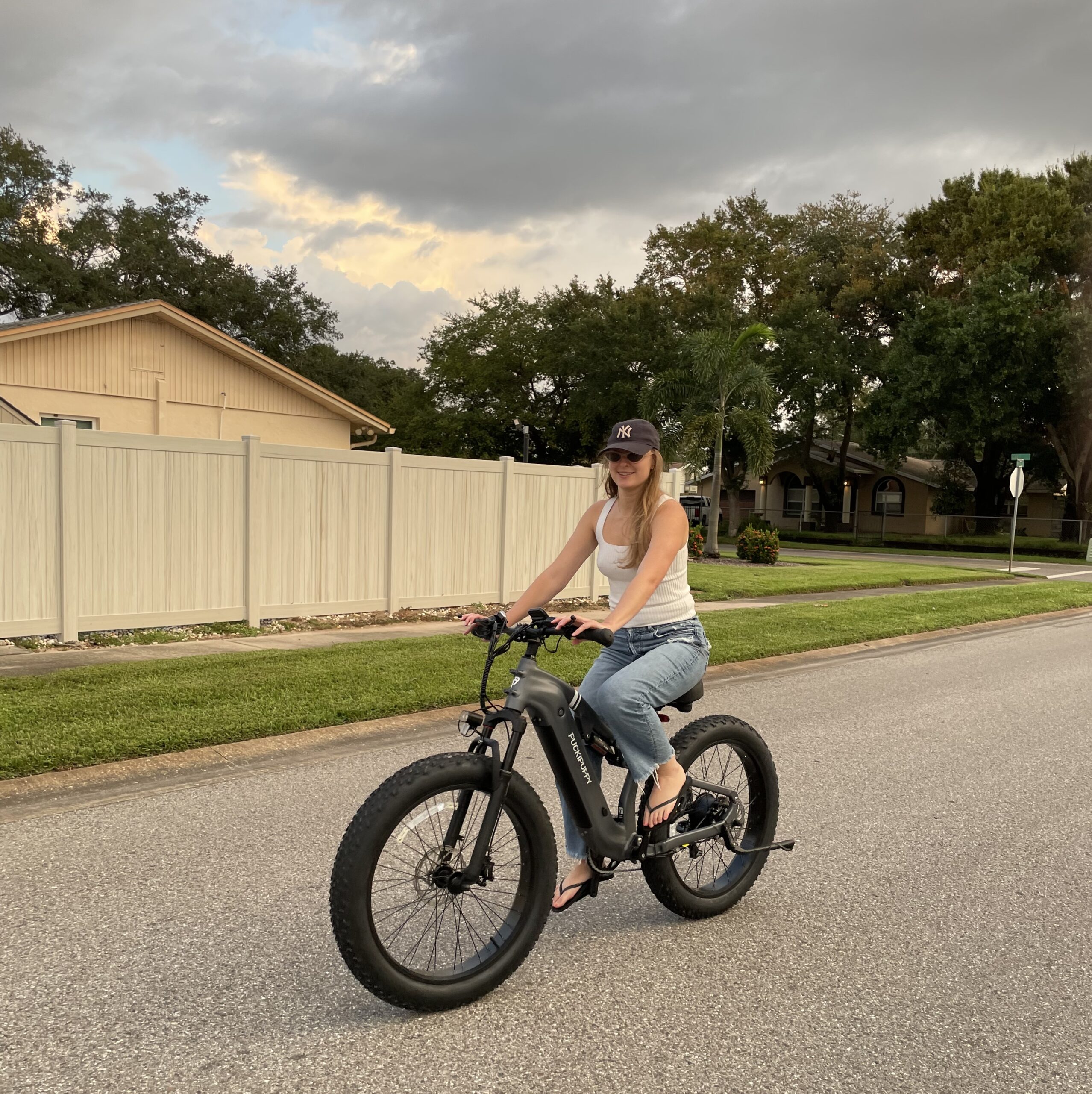Sign up for daily news updates from CleanTechnica on email. Or follow us on Google News!
You know how, when the über wealthy have endless money to litigate, it seems as if they’ll inevitably win their court battles? That’s not always the case, it turns out. After eleven months of wrangling and motions, a Swedish court has upheld a preliminary ruling that its constitution prevents it from intervening in Tesla’s labor dispute with local unions.
The all-electric automaker is stymied by ongoing and rancorous disputes with union workers in Sweden and neighboring countries. Other Nordic trade unions rallied around IF Metall’s strike action in 2023, believing that Tesla’s actions could put the entire regional labor model in danger. Tesla CEO Elon Musk is rabidly anti-union. Scandinavian countries are solidly pro-union, and in Sweden nearly 90% of the country’s work force holds memberships.
None of Tesla’s labor force in the world is unionized, but with collective bargaining rights quite common in Tesla’s most important European market, questions emerge about how long Musk can hold out.
 Chip in a few dollars a month to help support independent cleantech coverage that helps to accelerate the cleantech revolution!
Chip in a few dollars a month to help support independent cleantech coverage that helps to accelerate the cleantech revolution!
Postnord, Sweden’s postal service, is not currently delivering license plates to Tesla, as such deliveries are being blocked by the postal workers’ union, Seko, as part of a wider labor union sympathy strike. Those deliveries to Tesla stopped nearly a year ago to move Tesla to sign a collective bargaining agreement.
Swedish and Scandinavian labor unions have wide-ranging and constitutionally protected rights to exert pressure when fellow unions are in conflict with companies. Tesla has responded to Swedish boycotts by designing workarounds; in this case, new owners now apply for license plates directly, circumventing the postal workers refusal to deliver them to Tesla.
Swedish politicians typically refrain from intervening during labor disputes, and both the prime minister and the employment minister have made public statements pledging not to interfere in the Tesla standoff. There’s a century-old Swedish model of employment relations in which labor disputes are left to unions and employer organizations to resolve among themselves. It’s a system that originated in the 1930s and is widely acknowledged as the backbone of a labor market model that has helped workers benefit from decades of economic prosperity.
“Parties in the labor market have the right to take action, and the state should not intervene,” said Patrik Alm, a senior judge at the Solna District Court. The declaration from the Swedish district court complicates the pressure that Tesla faces from powerful regional employee unions who stand in support of the IF Metall union, who went on strike in October 2023 with demands for a collective bargaining agreement with the company.
Scandinavia is an important market for Tesla. As Reuters reports, the electric vehicle maker has increased its sales and boosted its share of the Swedish car market in 2024 despite the labor boycott, as car sales data showed earlier this month.
“Now it’s probably time for Tesla to stop fooling around and respect the Swedish collective agreement model,” Seko’s union president, Gabriella Lavecchia, said. “The fact that they spend so much time and energy trying to get around the game rules is just a signal that they have big problems.” Many people in Sweden feel that allowing companies linked with the green and digital transition to operate in Sweden without collective agreements would undermine unions and threaten the Swedish model, forcing the state to take greater control.
Tesla’s Long-Standing Tensions Over Collective Bargaining
For years, the talk on the street about Tesla and its CEO Elon Musk was nearly fully positive. With the degree of innovation that translated to everyday life, the all-electric US automaker was truly a disrupter within an industry that possessed an if-it-ain’t-broken-don’t-fix-it attitude.
Yet the company’s Fremont, California, gigafactory changed the narrative about working conditions. As has been well-documented, like generations of earlier factory autoworkers, Tesla’s labor force has complained about low wages, high workloads, mandatory overtime, and workplace injuries. Workers have increasingly demanded union recognition even as the company has argued it is not a traditional automaker but, rather a separate, technology-based startup. This disconnect remains a key issue in the (dis)satisfaction of Tesla’s labor force.
Tesla’s transformative impact of robotics clearly has altered what it looks like to assemble autos. Its “unboxed” manufacturing system is very different from traditional manufacturing lines. No longer do its vehicles inch forward on a conveyor belt to have parts added sequentially. Instead, using a Lego-like building process, Tesla’s components are pieced together in dedicated sub-assembly areas, only coming together in the final stages. As such automation technologies continue to evolve and proliferate across the automotive industry, concerns about job displacement, skill requirements, and economic inequality have grown.
Musk has emerged as a new type of corporate leader, one who sometimes looks the other way and thumbs his nose at government orders like labor regulations. He has become strengthened by the culture wars, where pushing an absolutist vision of free speech has won him support from the far right.
A recent example is his complaint about a Brazilian Supreme Court justice’s orders to avert the social media platform, X, from threatening that country’s democracy. Musk simply stopped obeying. When the judge responded by blocking X, Musk tried various workarounds to evade the ban (they didn’t work) and even called on Brazilians to take to the streets against the judge. Yet, quietly, the company released data showing X has complied with government take-down requests more often than before Musk bought it.
Musk has a history of bucking US labor law in the US, too. He notoriously tweeted,
“Nothing stopping Tesla team at our car plant from voting union. Could do so tmrw [sic] if they wanted. But why pay union dues & [sic] give up stock options for nothing?”
Tesla was unaffected by a six-week American automotive strike last year, because workers in the US (like those in the UK) have few legal protections if they strike against employers that refuse to recognize unions. In separate tweets and X threads, Musk also posted that the “UAW does not have individual stock ownership as part of the compensation at any other company,” and that, if they unionized, employees would lose the benefit of stock options because “UAW does that.”
The UAW subsequently filed an unfair labor practice, claiming that the social media post violated the workers’ rights granted under Section 7 of the National Labor Relations Act (NLRA). The NLRA protects employees from employers’ “interference with, restrain or coercion]” of employees exercising their rights under Section 7 of the Act. These rights include self-organizing, forming and joining labor organizations, bargaining collectively, and engaging in other protected collective activities. This protection extends to statements made by employers, including those made on social media.

Have a tip for CleanTechnica? Want to advertise? Want to suggest a guest for our CleanTech Talk podcast? Contact us here.
Latest CleanTechnica.TV Videos
CleanTechnica uses affiliate links. See our policy here.
CleanTechnica’s Comment Policy





